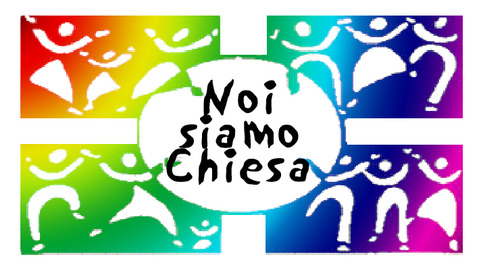Press Release No: 18/23
29 June 2018 Brussels
Churches in Europe have reacted with disappointment to the outcomes of yesterday’s European Union summit mainly addressing migration. General Secretary elect of the Churches’ Commission for Migrants in Europe (CCME), Torsten Moritz, criticised the conclusions of the European Council held on 28 June in Brussels. “Once again the summit has missed the chance to discuss how the arrival and integration of refugees can be a success for all and instead discussed illusionary plans about keeping people out.”
CCME also expressed dissatisfaction with the consideration of “regional disembarkation platforms” in third countries, an idea referred to as “camps in Africa” that has been reappearing for well over a decade since the United Kingdom government and German Federal Minister of the Interior first mentioned it. The EU has not resolved any of the legal, practical, and moral issues relating to this since then. At worst, this will lead to something resembling a “refugee Guantanamo” at EU external borders and destabilise host countries. At best, there will be no impact at all.
“If the EU wants to support refugee protection in the regions of origin or transit,” Moritz continued, “it could support the many existing camps, for example in Jordan or Uganda, which are already notoriously overcrowded and underfunded.”
He also expressed scepticism toward proposed “controlled centres” inside the EU. “It is unclear what these controlled centres are supposed to look like. If they involve locking people up just because they ask for asylum, they are in breach of European and international law. If we are looking at relocation from these centres, we certainly will need to consider the very sobering experiences made with the so-called “hotspots” that were intended to facilitate relocation in the last years.”
Resources for border security and combatting irregular migration will not resolve social and political problems. Imbalances will only grow if countries at EU external borders are made solely responsible for asylum procedures and removal of those not accorded protection.
“We agree that some people will have to return at the end of a full and just procedure,” Moritz noted. “One should not, however, for ideological reasons ignore all the legal, practical, and moral obstacles that make it impossible to return many of those without a residence permit in the EU.”
The EU should examine where it is contributing to reasons why people flee, including through unjust trade, failure to address climate change, arms exports, and other policies.
The Conference of European Churches also expresses concern with the outcomes of the summit and its proposed focus of future EU funding on irregular migration and the target of increasing returns. CEC General Secretary Heikki Huttunen stressed the need for an alternative strategy. “When we ask for safe passage, we ask for a system of safe and regular access to Europe for those in need of protection, and for labour migrants. This is the strategy we must pursue to reduce irregular migration and deaths at the border.”
All stakeholders must uphold the system of both state-run and civil society sponsored search and rescue. Directing financial resources toward this, as well as into better arrival and reception structures would help to make migration a success for all and avoid further building the fortress Europe.
Churches throughout Europe have echoed these concerns. Kerk in Actie, along with 19 civil society organisations in the Netherlands, called on their national government for “moral leadership in treating asylum.” Similarly, the president of Diaconia Germany, Ulrich Lilie, noted “We cannot refuse to grant asylum to those most in need if Europe is to remain a Europe of human rights.”
Erin Green Communication Coordinator Tel: +32 2 234 68 20 e-mail: eeg@cec-kek.be Website: www.ceceurope.org Facebook: www.facebook.com/ceceurope Twitter: @ceceurope

Lascia un commento